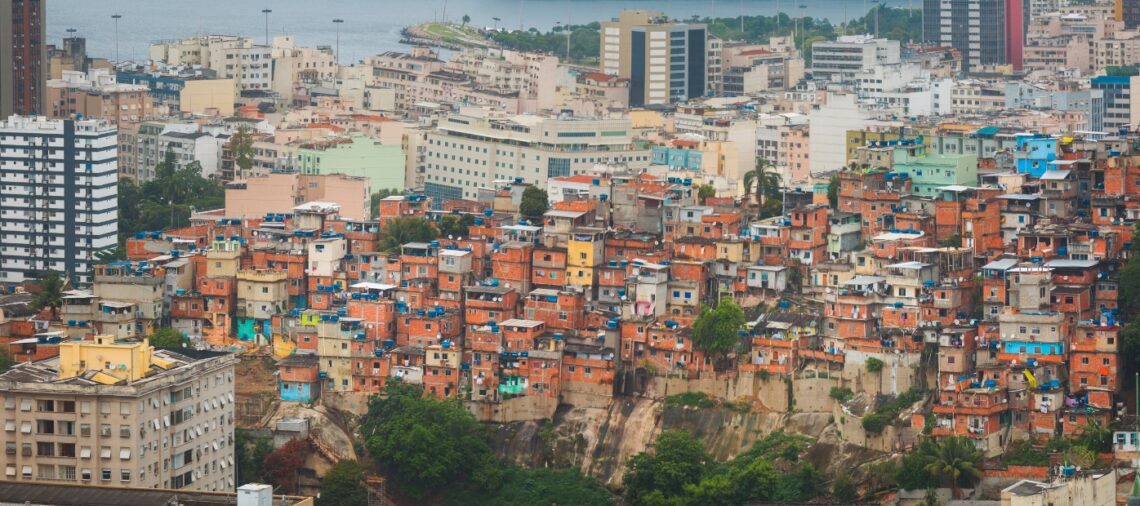Welcome to Rio de Janeiro, a city renowned for its breathtaking beaches and vibrant culture. As you explore this dynamic metropolis, it’s essential to be mindful of the favelas and the impoverished neighborhoods that coexist with the city’s beauty. In this article, we’ll share favela safety tips and crucial advice on what not to do in Rio de Janeiro‘s favelas.
Rio de Janeiro’s favelas are home to lower-income communities facing unique challenges. Understanding the context and respecting the local culture is paramount when venturing into these areas. By doing so, you can ensure a positive and responsible experience while supporting the favela communities.
So, let’s delve into what you should avoid in Rio de Janeiro’s favelas, from etiquette to safety precautions, and discover how you can positively impact these vibrant neighborhoods.
Understanding the Favelas of Rio de Janeiro
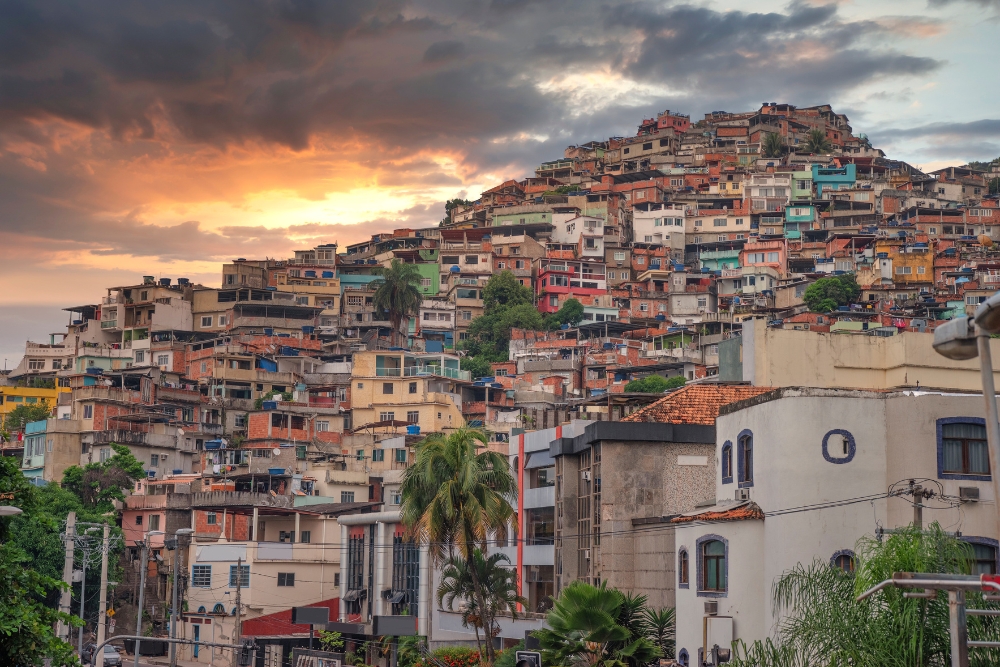
Favelas are densely populated informal settlements home to lower-income communities in Rio de Janeiro. These neighborhoods have limited access to basic amenities such as clean water, sanitation, and healthcare.
The favelas have a rich cultural heritage, with vibrant music, dance, and artistic expressions originating from these communities.
It is essential to understand the socio-economic context and challenges the favela residents face to approach them with respect and empathy.
What Not to Do in Rio de Janeiro’s Favelas
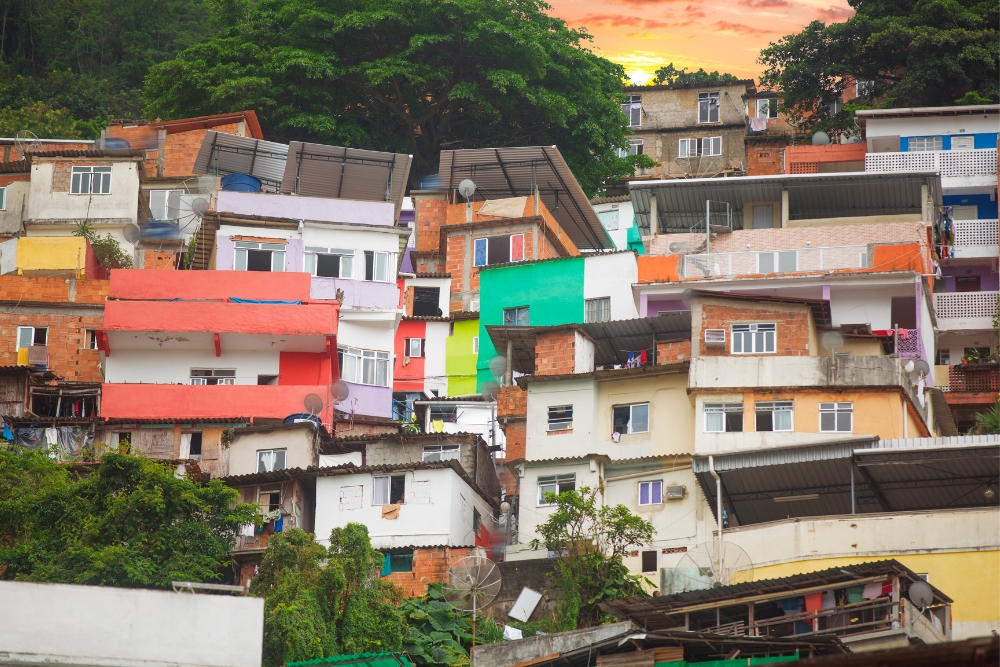
When visiting Rio de Janeiro’s favelas, it’s important to be aware of the mistakes to avoid to ensure your safety and show respect for the local communities. Here are some favela travel precautions:
- Avoid entering the favelas alone: These areas can be unsafe for outsiders unfamiliar with the area and potential risks. It’s best to visit the favelas with a knowledgeable guide who can navigate the neighborhood and provide insights and safety precautions.
- Don’t treat the favelas as tourist attractions: Remember that these communities are home to real people, and it’s crucial to approach them with respect and sensitivity. Avoid treating the favelas as a place to satisfy curiosity or as a backdrop for photo ops.
- Avoid wearing expensive jewelry or carrying valuables: To minimize the risk of theft, leaving valuable items that could make you a target is advisable. Keep your personal belongings secure and inconspicuous.
- Do not take photographs without permission: Respecting people’s privacy is essential when visiting the favelas. Always ask for consent before taking photographs, especially of individuals or their homes. Remember that privacy is important, and not everyone may feel comfortable being photographed.
Following these travel precautions allows you to have a safer and more respectful experience while exploring Rio de Janeiro’s favelas.
Navigating Safety and Etiquette in the Favelas
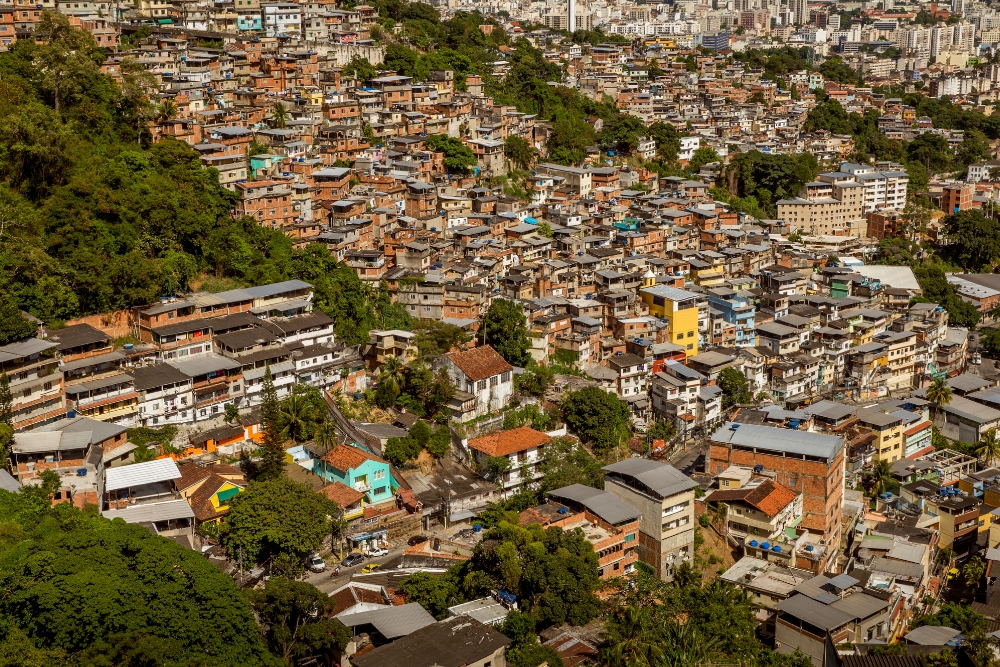
When visiting the favelas in Rio de Janeiro, it is essential to prioritize safety and respect for local etiquette. By following these favela safety guidelines and observing proper etiquette, you can ensure a positive and responsible experience:
- Always visit the favelas with an accredited guide: It is recommended to explore the favelas with a guide from the local community who is familiar with the area and can ensure your safety. They deeply understand the favelas’ dynamics and can provide valuable insights.
- Respect the rules and norms of the favela community: Each favela has its own set of rules and cultural practices. Observe and follow any guidelines provided by your guide or the residents to show respect and avoid any unintended breaches of etiquette.
- Be mindful of your surroundings: Maintain awareness while in the favelas. Avoid displaying signs of wealth or carrying large amounts of cash, as it may attract unwanted attention and potentially put your safety at risk.
- Keep your belongings secure: Take precautions to protect your personal belongings from pickpocketing or theft. Keep your valuables safely in a secure bag or hidden, and always stay vigilant.
- Observe the culture and daily life with respect: In the favelas, observe and appreciate the residents’ rich culture and daily life. However, be mindful not to be intrusive or disruptive to their routine. Avoid taking photographs of individuals or their homes without permission.
Choosing Ethical Favela Tours
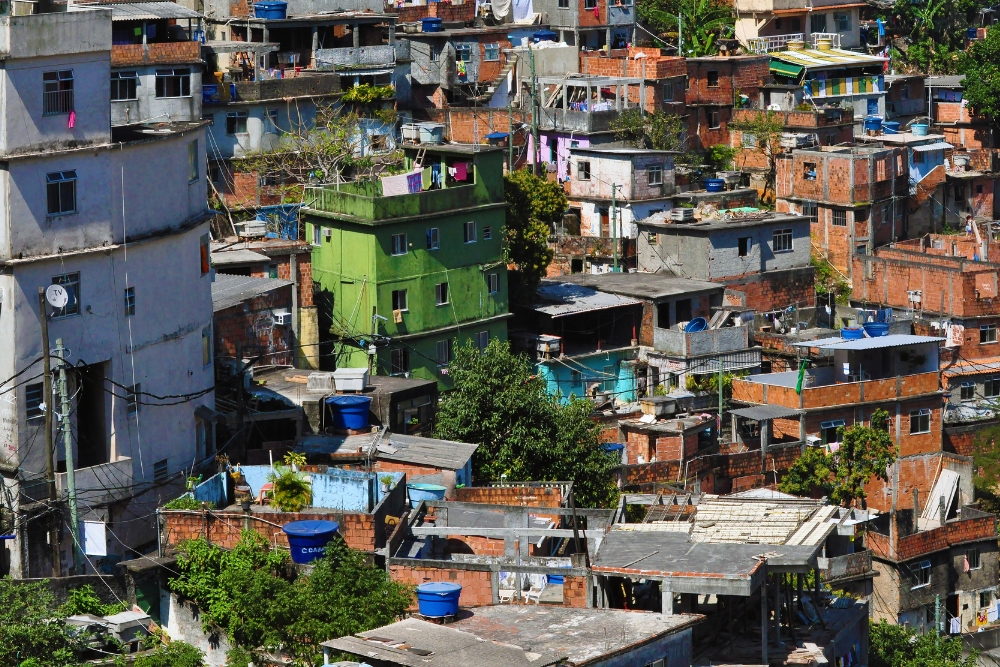
When visiting the favelas of Rio de Janeiro, it is important to choose ethical and responsible favela tours. By doing so, you can support the favela communities and positively impact their lives. Here are some tips for choosing the right favela tour:
- Opt for reputable agencies: Look for tour companies with a positive track record and are known for their ethical practices. These agencies are more likely to genuinely commit to supporting the favela communities and ensuring a responsible tourism experience.
- Local guides: Choose tours guided by locals who live in the favelas. These guides deeply understand the community, its culture, and its challenges. They can provide a more authentic and insightful experience, offering a unique perspective that enhances your visit.
- Research social responsibility: Before booking a favela tour, research the company’s commitment to social responsibility. Look for information on their community development initiatives, support for education and healthcare in the favelas, and fair wages for their employees. This will help ensure that your tour contributes positively to the favela communities.
- Avoid exploitation: Avoid tours that exploit favela residents or contribute to negative stereotypes. These tours can perpetuate harmful narratives and exploit the vulnerabilities of the community. Instead, choose tours that empower the community, provide educational opportunities, and promote a genuine exchange of culture.
By choosing ethical favela tours, you can have a meaningful and responsible experience while positively supporting the favela communities. This way, you contribute to the sustainable development of the favelas and help create a more equitable future for all.
Best Favela Tours Companies in Rio de Janeiro
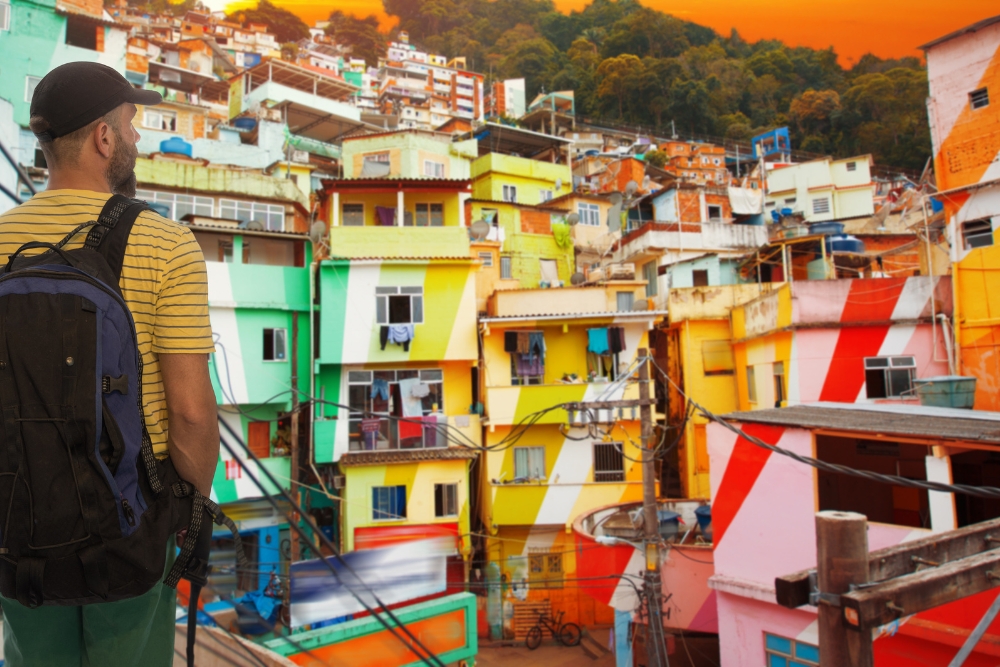
Here are the top three companies that offer best favela tours in Rio de Janeiro:
- Favela Tour – Marcelo Armstrong: This company offers the most insightful and longest-established tour in favelas, according to Rough Guides2. You can visit Rocinha, the largest favela in Rio, and learn about its social and political context from local guides. The tour also includes a visit to a local school and a craft shop.
- Favela Adventures: This company is run by a Rocinha resident who speaks fluent English, Portuguese, and Spanish. You can create your own tour by choosing the activities you want to do, such as hiking, biking, surfing, capoeira, graffiti, cooking, and more. You can also support the local community by donating or volunteering.
- Vidigal Favela Tour & Two Brothers Hike: This tour combines an exploration of Vidigal, a favela that is transforming into an up-and-coming neighborhood, with a guided hike up the Two Brothers hill, where you can enjoy panoramic views of the city. You can see the vibrant street art, hip bars, and local culture of Vidigal, as well as the natural beauty of the hill.
Supporting the Favela Communities Appropriately
When visiting Rio de Janeiro’s favelas, engaging in responsible tourism and supporting the local communities appropriately is important. By doing so, you can contribute to favela residents’ empowerment and sustainable development. Here are some ways to support the favela communities:
- Support local businesses: One way to contribute is by patronizing local businesses such as restaurants, shops, and community initiatives. By purchasing goods and services from these establishments, you can directly support the livelihoods of favela residents and promote economic growth within the community.
- Volunteer with organizations: Consider volunteering with organizations that work directly with the favela communities to address social issues and provide support. By dedicating your time and skills, you can make a meaningful impact on the lives of favela residents and contribute to community improvement efforts.
- Donate to reputable charities: Find reputable charities or grassroots organizations that improve favela residents’ living conditions and opportunities. By donating to these organizations, you can help fund projects and initiatives that directly benefit the community.
- Encourage sustainable development: Support sustainable development in favelas by promoting and purchasing fair trade products made by favela residents. These products often embody the community’s cultural heritage and craftsmanship. Additionally, consider participating in cultural exchange programs fostering understanding and community collaboration.
By engaging in responsible tourism and supporting the favela communities, you can contribute to their empowerment and help create a more sustainable future for these unique neighborhoods.
Conclusion
Responsible travel to Rio de Janeiro’s favelas is about respecting the culture, prioritizing safety, and supporting the communities appropriately. By avoiding common mistakes, following safety guidelines, and choosing ethical favela tours, travelers can have a meaningful and positive experience while exploring these unique neighborhoods.
Supporting the favela communities through responsible tourism and community empowerment initiatives can impact the lives of the residents and contribute to their sustainable development. Engaging in responsible tourism by supporting local businesses, volunteering with organizations, and donating to reputable charities can be powerful ways to give back.
Remember to approach the favelas with empathy, understanding, and a commitment to responsible travel practices. By doing so, you can not only experience the vibrant culture and rich heritage of Rio de Janeiro’s favelas but also create a positive change in the lives of the residents, supporting their aspirations for a better future.

